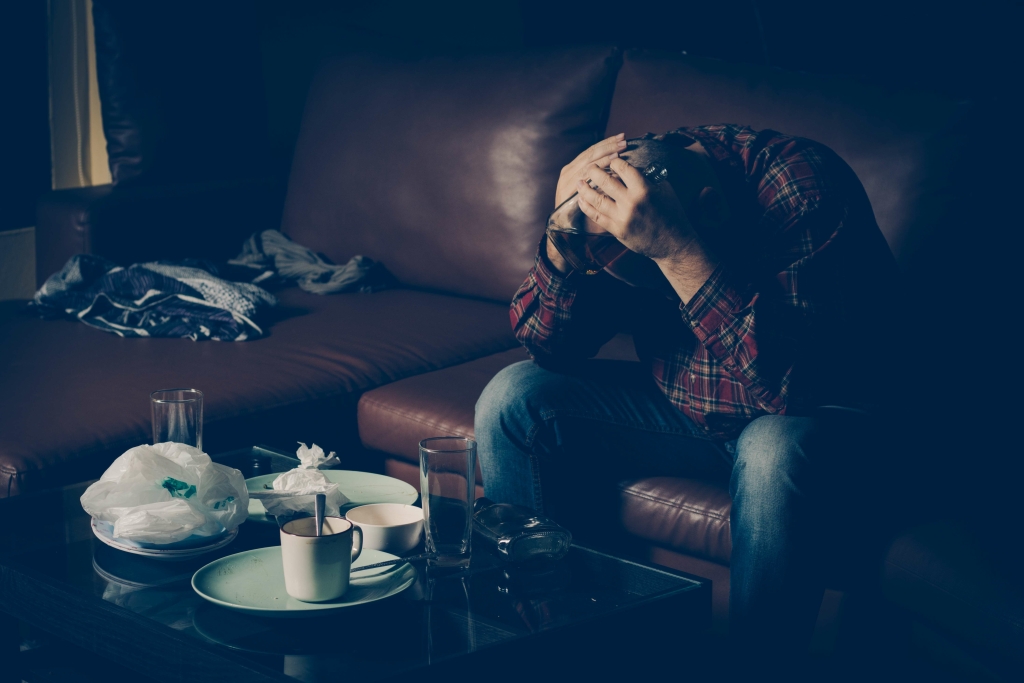Make sure you are regularly attending your meetings, treatment program, and therapy. At this point of recovery, you will relapse prevention skills have to exercise self-discipline in order to stay disciplined in your abstinence. If you feel like skipping a meeting or therapy session, it is a strong sign that you need to ask for help.
What Is Relapse? Understanding Recovery
This article shows how to identify triggers, break the cycle, and regain control through healthy habits and self-awareness. Medication-Assisted Therapy (MAT) uses FDA-approved medications like disulfiram, acamprosate, and naltrexone to reduce cravings and block the euphoric effects of alcohol. For opioid relapse, medications such as methadone, buprenorphine, and naltrexone stabilize brain chemistry and prevent withdrawal. Regular medical monitoring ensures adherence and adjusts dosages to manage side effects. While relapse can feel like a setback, it’s also a moment to regroup, rebuild, and continue the recovery journey with a clearer path forward. If someone in recovery needs prescribed medication after surgery or an injury, this doesn’t automatically mean they’ve relapsed.
This technique enhances self-awareness, helping individuals recognize and manage cravings more effectively. Engaging in regular physical activity not only boosts mood but also alleviates stress, making it easier to cope with life’s challenges. By staying attuned to their triggers, individuals can better navigate their recovery journey, effectively preventing slips back into old habits.
Unlike acute withdrawal, which has mostly physical symptoms, post-acute withdrawal syndrome (PAWS) has mostly psychological and emotional symptoms. Its symptoms also tend to be similar for most addictions, unlike acute withdrawal, which tends to have specific symptoms for each addiction 1. The negative thinking that underlies addictive thinking is usually all-or-nothing thinking, disqualifying the positives, catastrophizing, and negatively self-labeling 9. These thoughts can lead to anxiety, resentments, stress, and depression, all of which can lead to relapse. Cognitive therapy and mind-body relaxation help break old habits and retrain neural circuits to create new, healthier ways of thinking 12,13. Constant relapse or chronic relapse is when a substance user has attempted to abstain from the habit several times but keeps resuming the addictive behavior.
Understanding the Stages of Change in the Recovery Process

But when you see your addiction as a chronic disease, you can look at relapse from that perspective, too. A relapse happens when a person stops maintaining his or her goal of reducing or avoiding use of alcohol or other drugs and returns to previous levels of use. This stage of relapse can be tricky because someone is not thinking about using substances, but their emotional state is setting them up for a relapse. A relapse is when someone abstaining from drugs or alcohol returns to their previous level of use.
Programs
Professional treatment is a vital component of relapse prevention. At Greater Boston Addiction Centers, we provide personalized care designed to address the root causes of addiction and equip individuals with the tools they need for lasting sobriety. A change in the medication, a change in the dosage or sudden stoppage of medication can bring about the warning signs of relapse. As a Sober living house caregiver, observe whether the person with mental illness is feeling better or worse with the change of medication, and talk to the treating psychiatrist about it. It is a signal that adjustments may be needed in one’s recovery plan — perhaps more support, a new coping strategy, or a deeper focus on mental health. You can’t get rid of all the stress in your life, but you can learn how to manage it.

Even if you survive, an overdose can leave you and your family members with lots of feelings to sort through. Consider talking to someone, such as a counselor or people in your support group. Relapse is particularly dangerous with opioids, including prescription painkillers and heroin. Those drugs can slow your breathing to the point that you die.
- You can also find ways to replace old habits with healthier activities.
- Maybe the current approach isn’t working as well as it could, or perhaps new challenges have arisen that need to be addressed.
- Even if you survive, an overdose can leave you and your family members with lots of feelings to sort through.
Example of How to Plan Ahead to Avoid Relapses
While having a brief slip in sobriety can benefit some individuals, it often leads to a full relapse. Avoiding this relapse is essential in maintaining your sobriety, and to do this, https://garvinins.com/how-does-alcohol-affect-your-skin-long-and-short/ making sure you understand the signs of lapse vs relapse is imperative. To assist in this recovery journey, seeking help from a treatment center is a good option. Understanding the difference between a lapse and a relapse is crucial for addiction and recovery.
Common triggers of relapse
Commit to talking with one or more of the support group members regularly. You can also reach out to them whenever you experience triggers or cravings. If you’re a support group member, keep trusted group members or leaders’ information in your prevention plan. If you fear you are at imminent risk of relapsing, contact them immediately. If you’ve relapsed before, try to identify the feelings you felt before your relapse.
- This makes their situation worse as they are no longer able to pay their bills or take care of themselves or their family.
- But it is fair to assume that your loved one is a bit broken, too.
- Having a health condition like substance use disorder doesn’t define who you are.
- Identifying these underlying causes is essential for developing effective prevention strategies.
Common triggers for relapse
Solutions are both immediate and focused on long-term behavioural changes. While relapses may seem spontaneous, some stages lead to the event. Think about things that led to or worsened this relapse and how to remove them from your life. If a trigger is unavoidable, consider what you can do differently next time you face it. Having occasional cravings or thoughts of drinking is normal during recovery. But when you keep thinking about it, and start planning to do it, it’s time to get help.
Over time, the body becomes accustomed to the presence of the substance, requiring higher doses to achieve the same effects (tolerance). Simultaneously, individuals may find it difficult to function normally without the substance, leading to physical or psychological dependence. During this phase, the person goes full-scale into the habit. Normally, the person believes that their resumption of the habit will go undetected.
